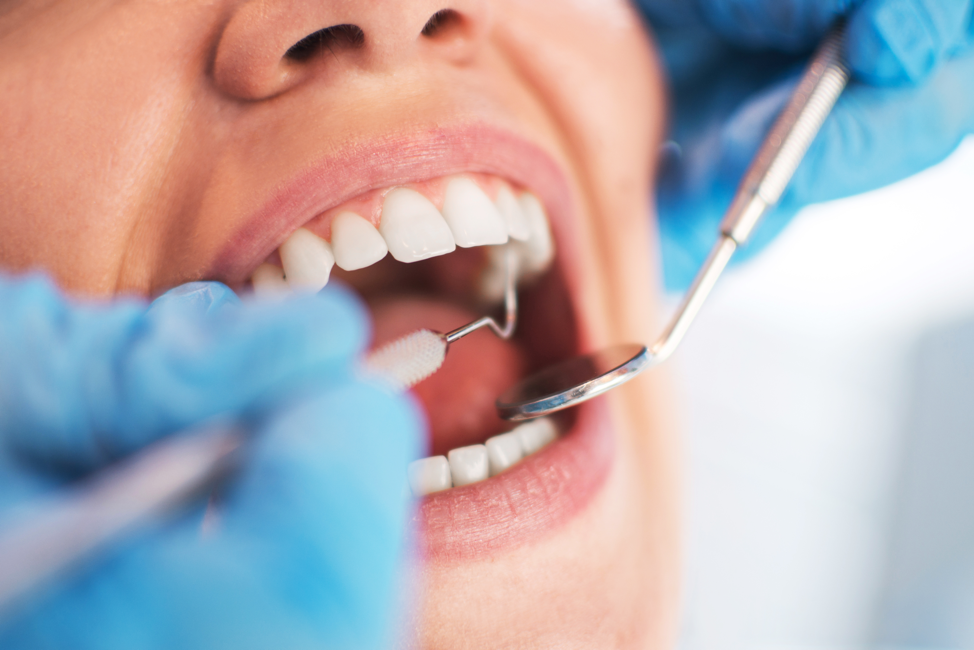
Good oral health is more than just a gateway to a radiant smile; it’s a crucial component of overall wellness. The mouth serves as an entry point to the body, and any issues within the oral cavity can have far-reaching implications for the rest of the body. This article delves into the intricate relationship between dental health and overall health, emphasizing the importance of maintaining optimal oral hygiene.
The Interplay Between the Mouth and the Body
The mouth is a thriving ecosystem for countless bacteria, most of which are benign. However, without adequate oral hygiene, harmful bacteria can proliferate, leading to oral infections such as gum disease and tooth decay. Furthermore, certain medications like decongestants, antihistamines, painkillers, diuretics, and antidepressants can decrease saliva production. Saliva plays a vital role in washing away food particles and neutralizing acids produced by bacteria, thereby protecting against microbial overgrowth that could lead to disease.
Oral Health and Its Connection to Chronic Diseases
Studies have established a link between oral health and several chronic diseases. For example, cardiovascular disease has been associated with oral health, with inflammation and infections caused by oral bacteria potentially leading to blocked arteries or stroke. Endocarditis, an infection of the heart’s inner lining, can occur when bacteria or germs from other parts of your body, such as your mouth, spread through your bloodstream and attach to certain areas in your heart.
Diabetes is another condition intricately linked to oral health. Individuals with diabetes are more prone to gum disease, which can, in turn, make diabetes more challenging to manage. Regular periodontal care can aid in better diabetes control.
Moreover, oral health problems have been associated with other health complications such as osteoporosis, Alzheimer’s disease, and specific types of cancer. Pregnant women with periodontitis are more likely to have premature or low birth weight babies.
The Significance of Optimal Oral Hygiene
Maintaining optimal oral hygiene does more than keep your teeth and gums healthy; it significantly impacts your overall health. Regular brushing and flossing, coupled with routine dental check-ups, can help prevent oral health issues and their associated health problems. It’s also crucial to consume a healthy diet, avoid tobacco use, and limit alcohol consumption to maintain good oral and overall health.
Conclusion
The intricate connection between dental health and overall health underscores the importance of maintaining good oral hygiene. By taking care of your oral health, you’re also making a significant stride towards promoting your overall well-being. So, remember, each time you pick up your toothbrush, you’re not just ensuring a healthy smile, but you’re also contributing to your overall health.